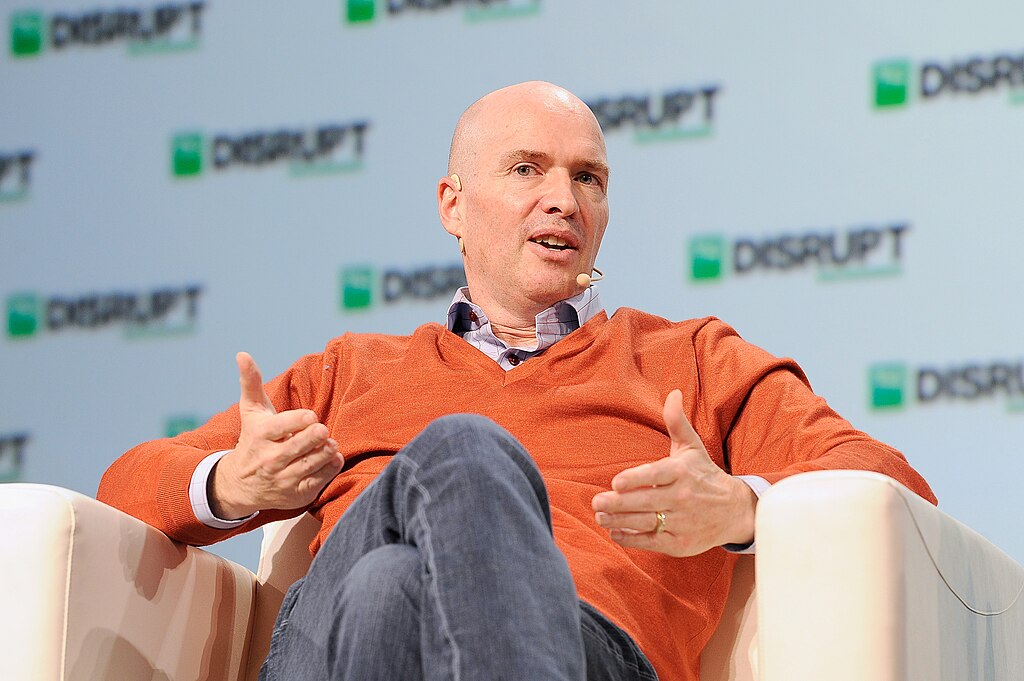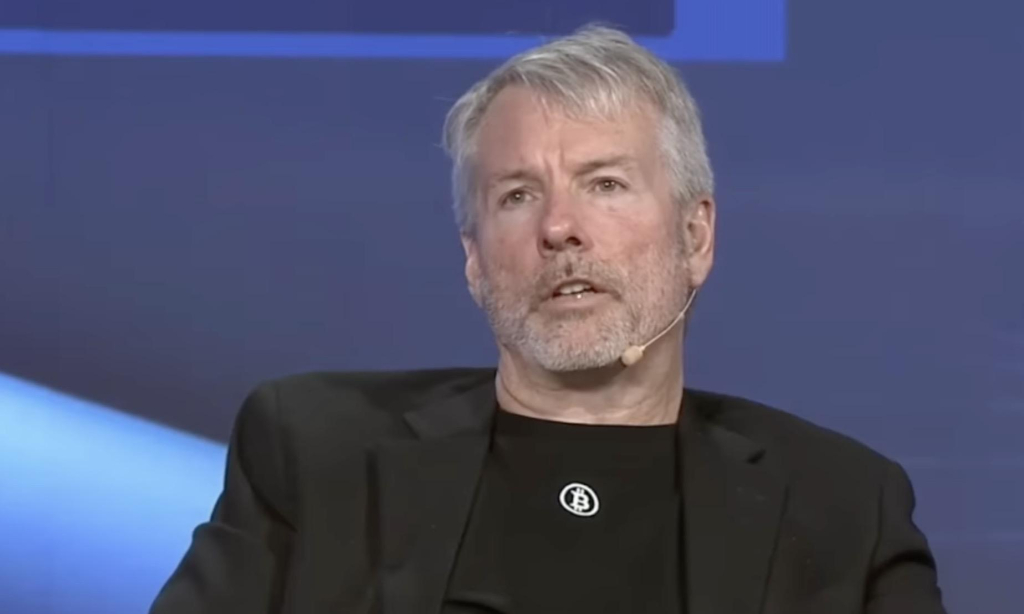Crypto exchange Luno recently unveiled data on the crypto trading profile of its South African unit showing that young investors below 29 years old account for 40 percent of total transactions. The firm recently experienced an explosive growth in its number of users, which increased by a million people in 2020.
One of Africa’s pioneering crypto exchanges, Luno also revealed that 65 percent of the platform’s users are male while the remaining 35 are females according to Bitcoin.com. For comparison, the industry average is 70 percent for males while only 30 percent are female investors.
The platform’s number of active users also surged by 167 year-on-year while the number of app installations surged by 119 percent. Luno co-founder and CEO Marcus Swanepoel said that the increase in both metrics reflects the growing crypto demand in South Africa.
“While a lot of the attention has been around institutional adoption, retail adoption has been growing at an arguably even more frantic pace,” he explained. “In 2021, we expect to continue this exponential growth, on track to reaching our goal of one billion customers by 2030.”
In 2020, the transaction volume of its South African platform reached nearly $3 billion. However, Swanepoel noted that that the transaction volume for the first three months of 2021, already surpassed last year’s figure.
Luno is a U.K.-based crypto company with operations in South Africa, London, Malaysia, Indonesia, Nigeria, and Singapore, according to TechCrunch. However, the number of customers from Africa accounts for more than one-half of its total global user base. The company has 7 million customers globally, of which 4.7 are located in Africa.
Africans also appear to be more favorable to adopting a single global digital currency. In a survey conducted last year that involved 5,000 respondents from South Africa, the U.K., France, Italy, Indonesia, Malaysia, and Nigeria, 54 percent of African respondents are favorable to adopt a single digital currency. For comparison, only 42 percent of Asian participants and 35 percent of European respondents answered affirmatively.


























Comment 10